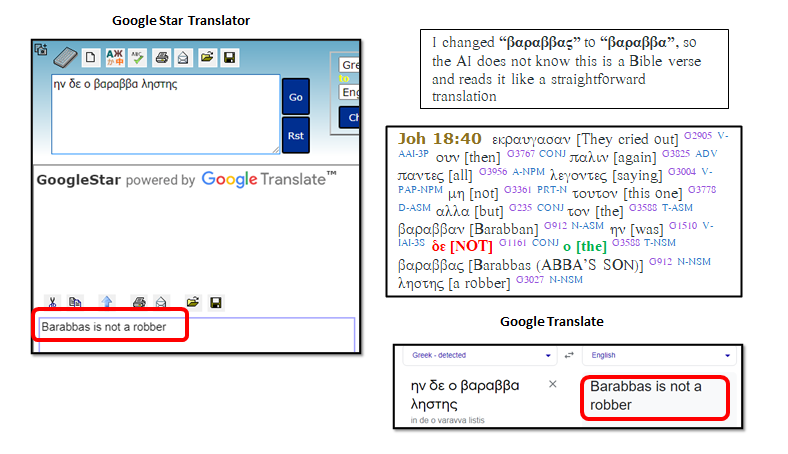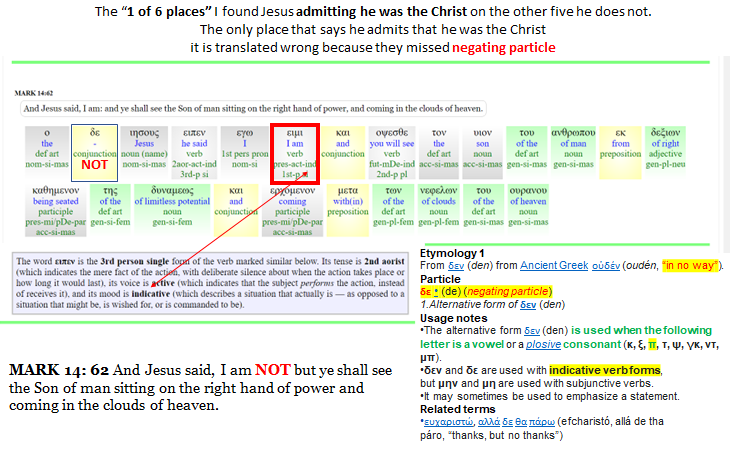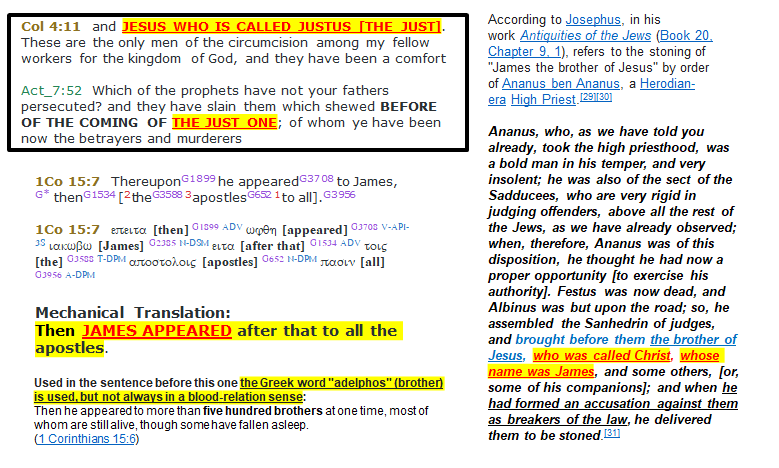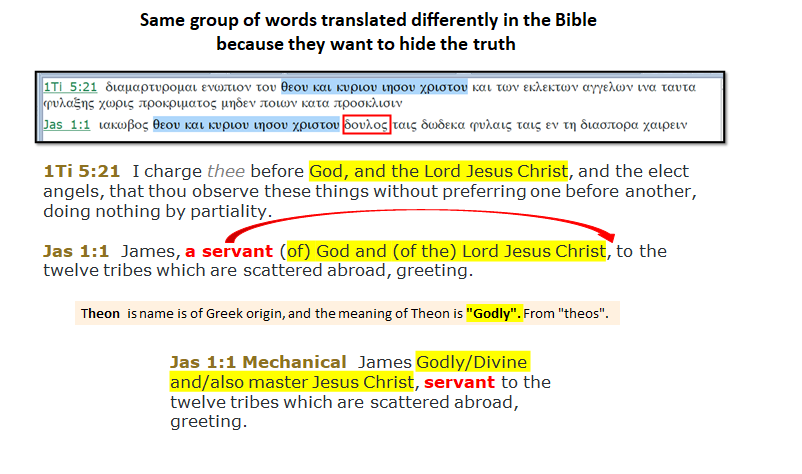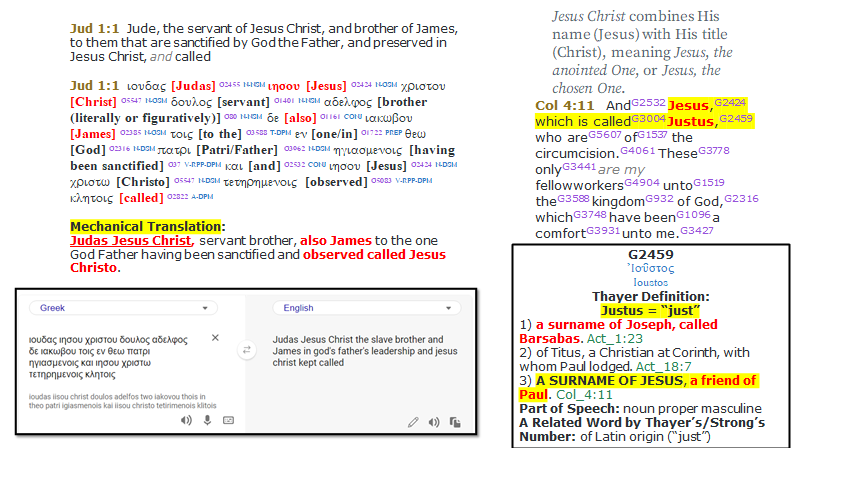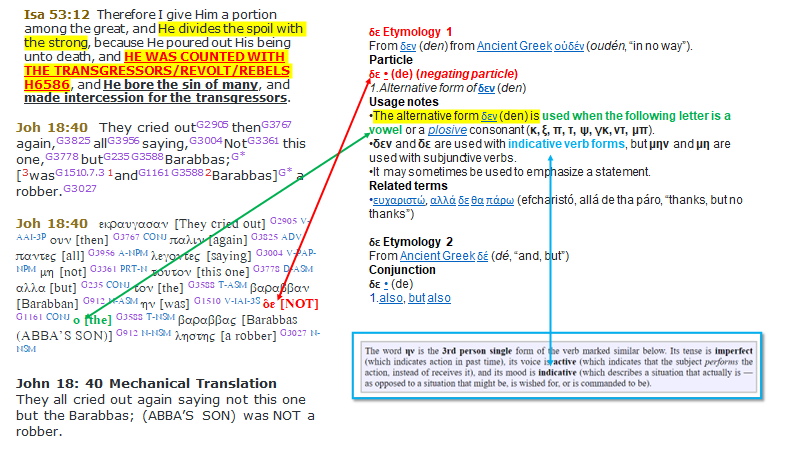Pilate was not a very smart man (according to the historical records we have) and here he makes a token gesture at justice.
The Sanhedrin hated Jesus but the people loved Him. It was the people who had hailed Jesus as king of the Jews and Messiah less than a week earlier at the triumphal entry to Jerusalem.
Thus, Pilate attempts to appeal to the masses as distinct from the leadership; it was the leadership who had refrained from arresting Jesus earlier "because of the people" (eg, Mark 11:18).
Barnes reaches a similar conclusion:
He was therefore desirous of releasing him. He expected to release one
to the people. He knew that Jesus, though condemned by the chief
priests, was yet popular among the people He therefore attempted in
this manner to rescue him from the hands of the priests, and expected
that the people would prefer Him to an odious and infamous robber and
murderer. Had the people been left to themselves it would probably
have been done.
Jesus, which is called Christ - That is, Jesus, who claims to be the
Messiah. Pilate probably did not believe it, or care much for it. He
used the name which Jesus had acquired among the people. Perhaps,
also, he thought that they would be more likely to ask him to be
released if he was presented to them as the Messiah. Mark Mar 15:9
adds that he asked them whether they would that he should release "the
King of the Jews?" It is probable that he asked the question in both
ways. Perhaps it was several times repeated, and Matthew has recorded
one way in which it was asked, and Mark another. He asked them whether
they would demand him who "was called the Christ," expecting that they
would be moved by the claims of the Messiah - claims which, when he
entered Jerusalem in triumph, and in the temple, they had
acknowledged. He asked them whether they would have the "King of the
Jews" probably to ridicule the priests who had delivered him on that
charge. He did it to show the people how absurd the accusation was.
There Jesus stood, apparently a poor, inoffensive, unarmed, and
despised man. Herod had set him at naught and scourged him, and sent
him back. The charge, therefore, of the priests, that he was a "king"
opposed to the Roman emperor, was supremely ridiculous; and Pilate,
expecting that the people would see it so, hoped also that they would
ask that he might be released.
Addendum - "Envy"
There is a delicious irony in the story of Jesus' trial before Pilate because it became a contest between two groups over popularity.
Before examining this, we must recall that Roman law was primarily about the "Pax Romana" - keeping the famous Roman peace. Essentially, this meant that Roman law reduced, in most places to a single dictum: It allowed people to do anything they liked provided it did not create a riot nor threaten the government. If Pilate was found to either have encouraged either, or did not prevent a foreseeable incident, then he would be found incompetent.
Everyone knew this. Everyone also knew that Jesus' popularity was rising rapidly and thus undermining the perceived authority of the Sanhedrin. This situation is succinctly summed up in Matt 26:3-5 -
At that time the chief priests and elders of the people assembled in
the courtyard of the high priest, whose name was Caiaphas, and they
conspired to arrest Jesus covertly and kill Him. “But not during the
feast,” they said, “or there may be a riot among the people.”
See also John 11:47, 48 -
Then the chief priests and the Pharisees called a meeting of the
Sanhedrin. “What are we accomplishing?” they asked. “Here is this man
performing many signs. If we let him go on like this, everyone will
believe in him, and then the Romans will come and take away both our
temple and our nation.”
Thus, the Sanhedrin became deeply envious of Jesus' authority (= popularity) with the people. Here is the irony - a list of stark contradictory facts:
- The Sanhedrin accused Jesus of blasphemy (internally) but then that became sedition before Pilate
- Pilate said three times that Jesus was innocent of sedition
- Barabbas was guilty of sedition
- Pilate, for fear of a riot (Matt 27:24 - a well-known agitation trick!) released the one guilty of sedition and condemned the one innocent of sedition - all at the behest of the Sanhedrin because of popularity.
Thus, both the judge and accusers of Jesus were dishonest in being driven by popular appeal - a very dangerous arbiter of justice!
The Pulpit commentary summarizes it this way -
Verse 18. - For he knew. He had recourse to this expedient because he
was well acquainted with the motives which led the Sanhedrists to
desire his death. They had shown their envy of Christ's influence with
the people; they were jealous of his reputation and success; grudged
him his marvellous powers; were embittered by his attacks on
rabbinism, and the undermining of their popularity. Pilate saw much of
this; he penetrated behind their flimsy pretence of averting some
possible danger from the Roman dominion, and he laboured in this
indirect way to save the victim of this vindictive plot. Of course,
Pilate could not fully appreciate Christ's character, nor enter into
the question of his supernatural claims; he saw only that he was
brought before him from the basest motives, that no real offence was
proved against him, and that no fear could be entertained of his
heading a popular tumult. Matthew 27:18
